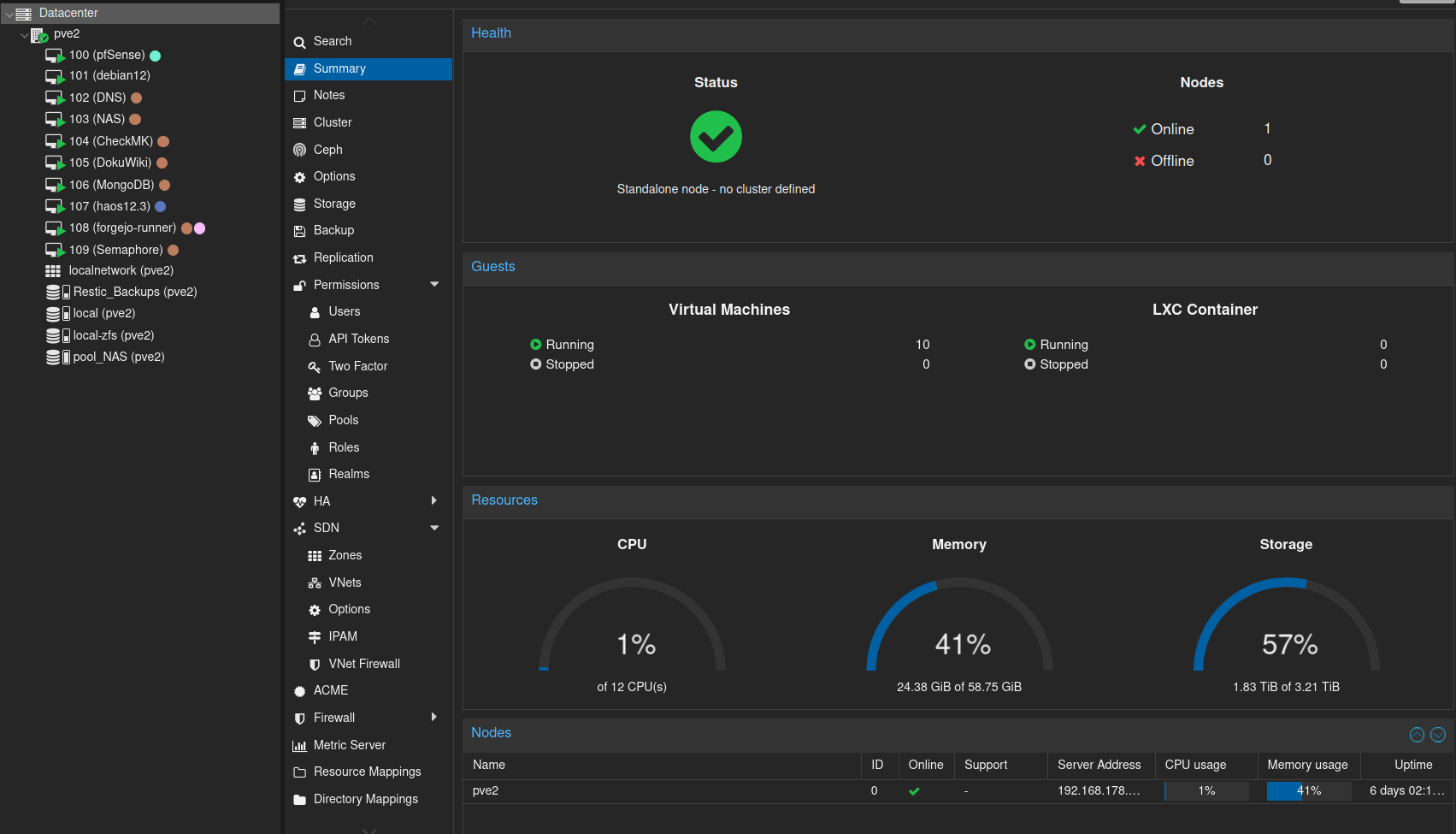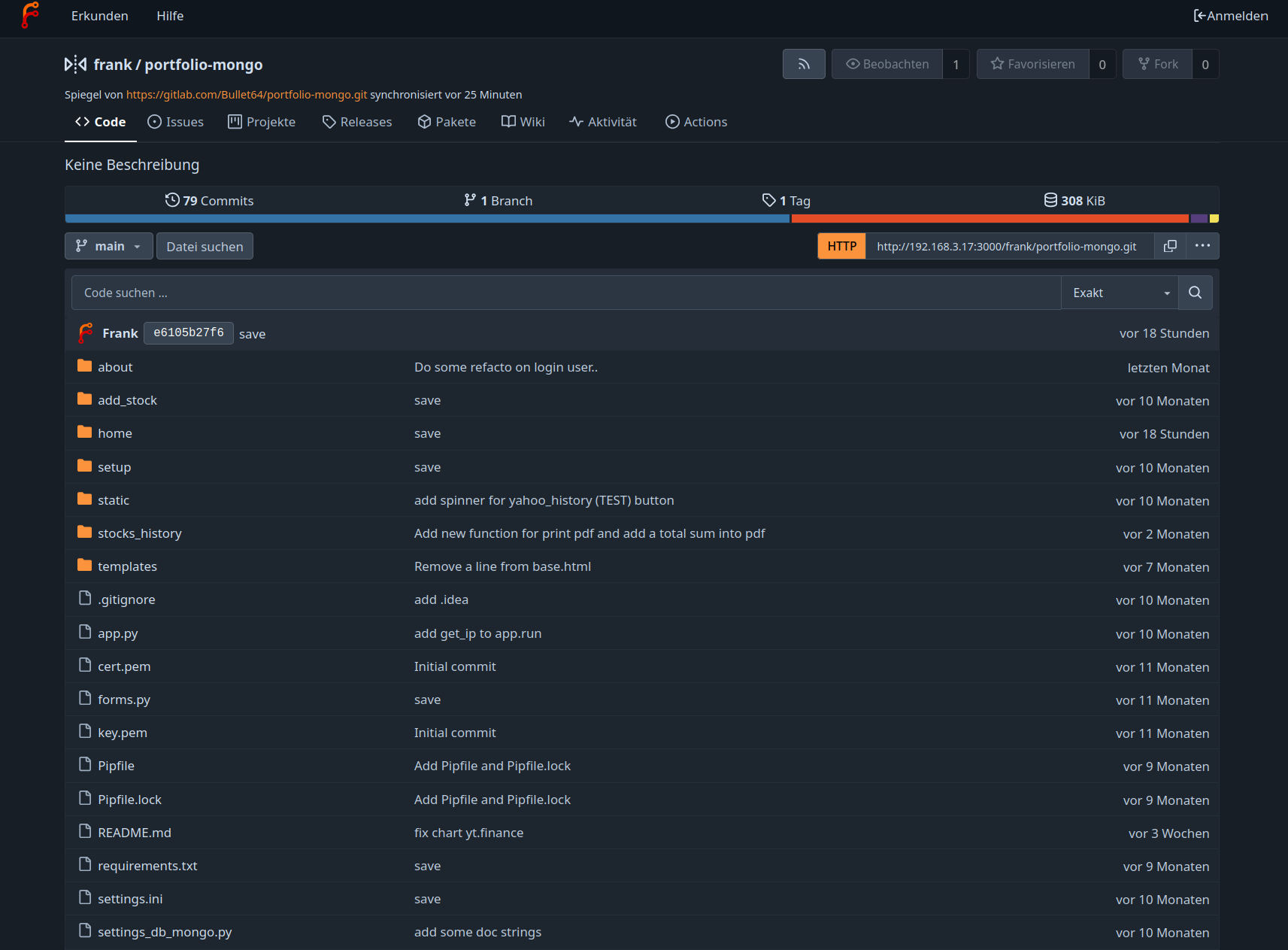Restic v0.17.3 released
Linux
1
Beiträge
1
Kommentatoren
176
Aufrufe
-
Restic v0.17.3 released
- Fix #4971: Fix unusable mount on macOS Sonoma
- Fix #5003: Fix metadata errors during backup of removable disks on Windows
- Fix #5101: Do not retry load/list operation if SFTP connection is broken
- Fix #5107: Fix metadata error on Windows for backups using VSS
- Enh #5096: Allow prune --dry-run without lock
Release restic 0.17.3 · restic/restic
Fast, secure, efficient backup program. Contribute to restic/restic development by creating an account on GitHub.
GitHub (github.com)
root@:~# restic self-update writing restic to /usr/bin/restic find latest release of restic at GitHub latest version is 0.17.3 download SHA256SUMS download SHA256SUMS.asc GPG signature verification succeeded download restic_0.17.3_linux_amd64.bz2 downloaded restic_0.17.3_linux_amd64.bz2 saved 26501272 bytes in /usr/bin/restic successfully updated restic to version 0.17.3Hinweis
Nicht auf jedem System ist die Option self-update verfügbar!
-
-
-
-
Wichtige Links
Angeheftet Ansible -
-
-
-


